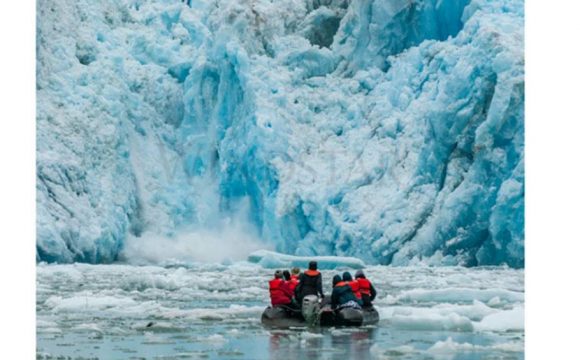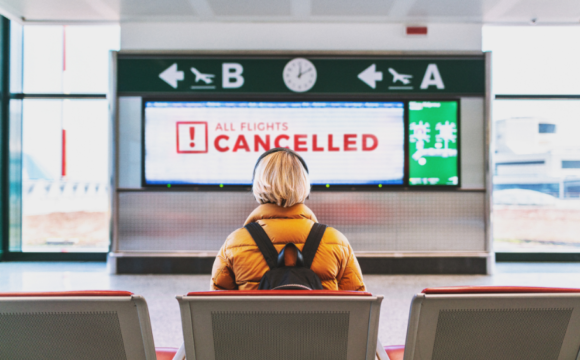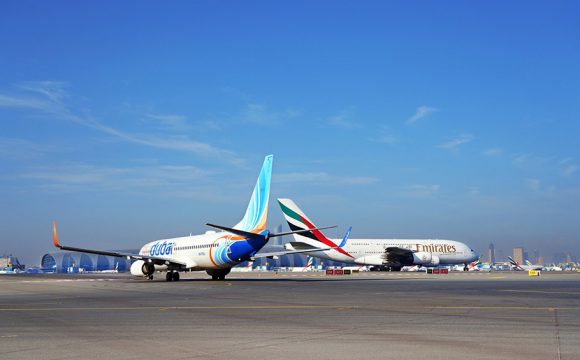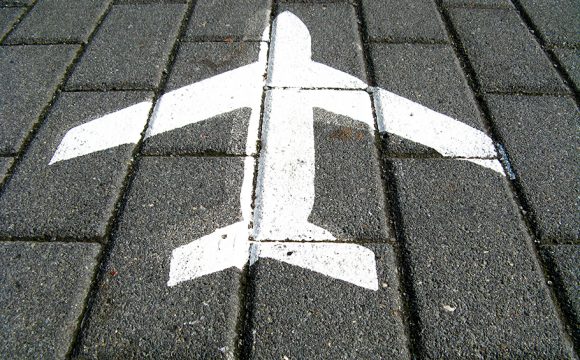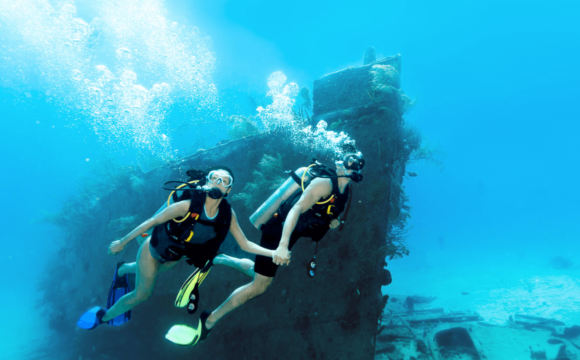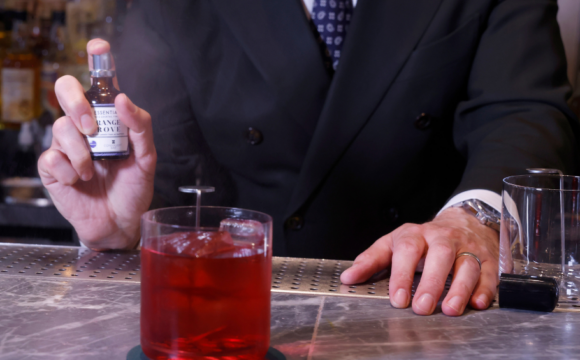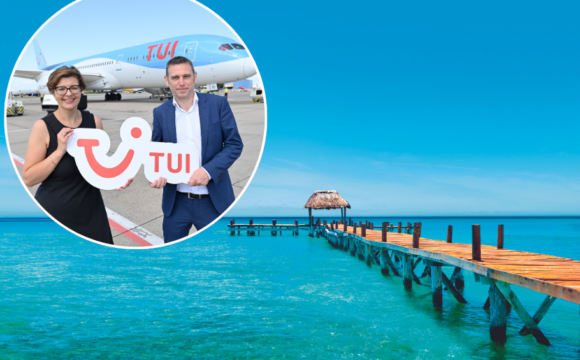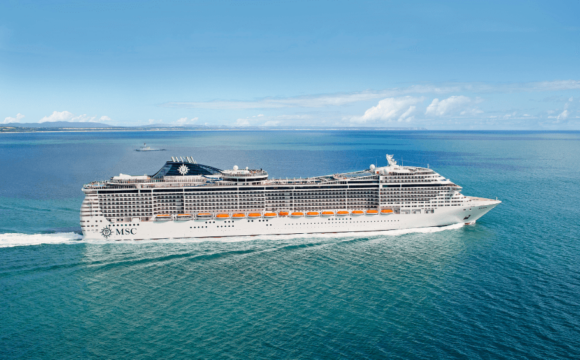If you’re thinking about a solo trip, but need some stellar advice, then look no further. Whether you’re off on a road trip, hopping on a ferry, or jetting off abroad, we’ve got the guide on how to stay safe with valuable solo travel safety tips from bloggers who do it often. So what is it you need to think about, especially in current times?
COVID preparedness and planning
You may want to be a spontaneous free spirit, but you do seriously need a plan in place. Nowadays country’s individual COVID-safety regulations don’t leave much room for whims, so be sure to check ahead regarding what you’ll need to do. Some countries require you to be vaccinated and some will need proof of a negative COVID test on arrival. Some restaurants, bars and theatres may still require masks and social distancing, so make sure to consider this in your itinerary. By following a schedule and list, you can get the most out of a trip and make it run smoothly by doing your research. Check travel forums and reviews and make sure you have comprehensive travel insurance in place – don’t choose the cheapest option available.
Useful apps and tech
Citymapper gets you from A to B efficiently by understanding a city’s transport network thoroughly: buses, trams, trains, walking routes – you name it – are all tracked and synced to help you plan your journeys. Many travel bloggers praise its usefulness.
Becky Derbyshire – The Lifestyle Blogger UK – recommends the Find My Phone app. “You can invite friends or family members to join and you can share your location with someone. So if you’re going out alone, you can switch the app on so the other person can see where you are at all times. You can also set it to alert when the other person arrives at their destination, so you know they got there safely.”
Madolline Gourley, blogger at One Cat at a Time, says “Uber and Lyft are very handy, but I find Maps on my iPhone to be the most useful. I like how it’ll tell you what bus route or train line to get, and how far away that next bus/train is. Sometimes downloading the city’s public transport app can be helpful as well as it has real-time information available and it’ll show you where the bus/train is on an interactive map.”
Digital privacy expert for ProPrivacy, Hannah Hart, advises to check out personal safety apps, such as “Noonlight, bSafe, and Life360. These can be used to check in with friends and family, and even alert police if you feel unsafe, pinging them your location in a matter of seconds. For women and members of the LGBT community, apps like this can be a lifeline on solo journeys, and even remain useful once you’ve returned home.”
Hart also warns about the potential exploits of public Wi-Fis and says “they’re notoriously unsafe. Hotspots are havens for hackers, who take advantage of the lack of security to swipe your data. Some hackers can even create their own fake access points that can be difficult to spot, so don’t do any online shopping or banking whilst connected to a public hotspot unless you have a VPN which encrypts all your internet traffic.”
Wendy Andrew, travel blogger with Weekends with Wendy advises to “equip yourself with a personal alarm. I use a jogger’s alarm, which I purchased online and can be worn around my wrist like a watch. I often use a bum bag/security pouch to carry valuable items under my clothes so that they are secure and not visible/accessible to thieves.”
Scams, strangers and suspicious activity to be wary of
Stranger danger is a phrase we all remember from childhood, but it’s still important in adulthood, especially when travelling alone. Wendy stresses to “be careful who you talk to” in a foreign country, especially ones that have strict governments that may mistake those who have informed knowledge or an inquisitive nature as spies.
Tony Jefferson, founder of TravelingSession.com, warns about taxi scams: “Scams could be taking longer routes, tampering with the meter, or even giving back counterfeit change. Only take appropriately marked taxis from authorised pickup locations. The hotel front desk can usually recommend a reliable company. Don’t blindly take their suggestions as some make extra money by bringing clientele to particular businesses that aren’t always the most reputable of establishments. Know your destination before getting in the taxi, and research the place they recommend for yourself.”
Road trip and vehicle security
Siobhan Daniels, travel blogger at Shuv On Shuv Off, loves a road trip and has some great tips on motorhome security: “I have a lock that I put on the pedals, a steering lock and alarm. I also use the seatbelts to wrap them around the door handles and then lock them to make it harder for anyone to open the doors.”
Make sure you have breakdown cover, a first-aid kit in your vehicle, that fuel is topped up, and that you’ve done your vehicle checks before any long road trip. And never drive when tired. Sat Navs are saviours, but it’s also a good idea to have an atlas too, just in case. Be very careful of hitchhikers. It’s best to rely on another driver to help, especially if you’re on your own and feeling vulnerable. Make sure your doors are always locked on the road, and try to avoid driving at night.
Review your security at home before you leave
Danny Scholfield, Managing Director of Expert Security UK, wants to remind travellers to not get complacent with their home and business security when travelling. “Do make sure to review your home security before you go and put effective measures in place.There are so many smart systems out there that you can control through apps from anywhere. And if you’re a business owner, it pays to check your CCTV, access control systems and business security before you go to make sure things are in good working order.”
Read the full guide here: https://www.expertsecurityuk.co.uk/bloggers-share-safety-tips-for-solo-travel/


